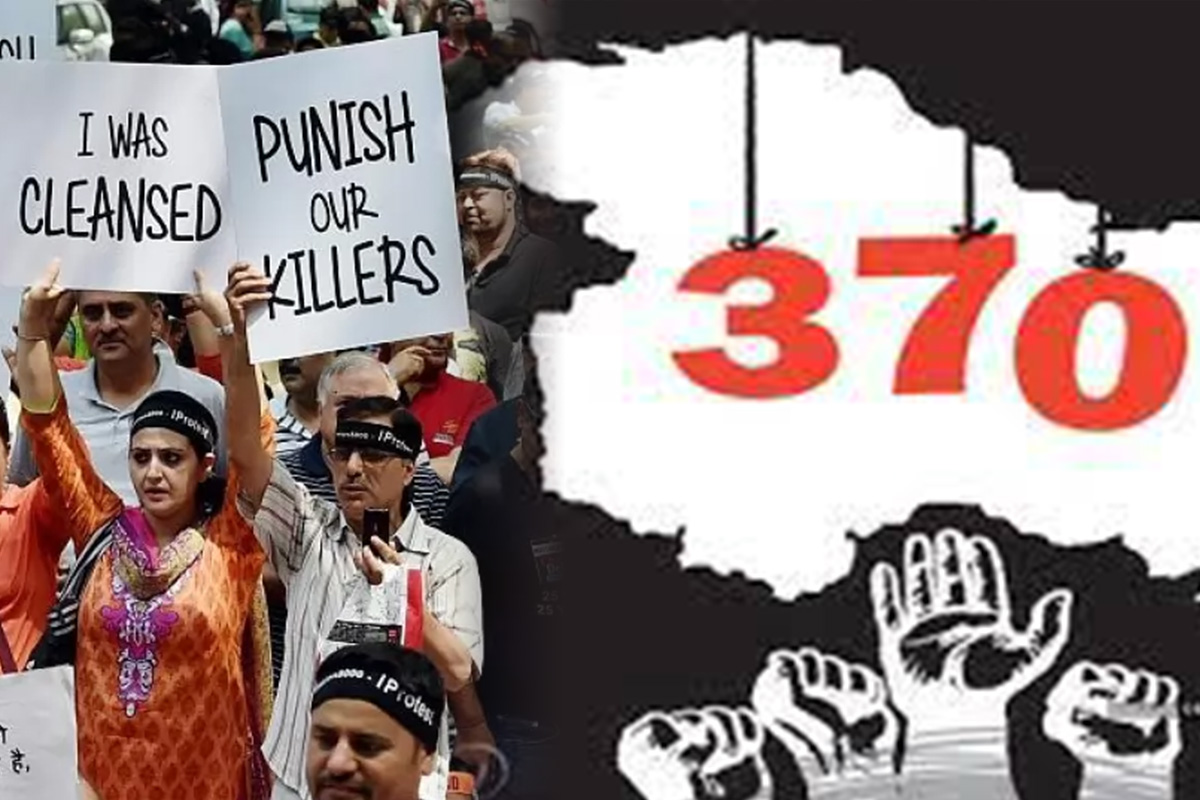Integration was the pivotal objective of the constitutional changes implemented four years ago in Jammu and Kashmir. But, sadly, it remains unfulfilled. Instead, a police-centric approach, characterized by mass detentions, including of ‘leaders’,arbitrary dismissals of government employees, and ensuring that people by and large remain silent, has prevailed in the administration.
This approach, though initially necessary to implement bold new steps for a real and heartfelt integration, appears to have become an unimaginatively permanent norm. In Kant and Isaiah Berlin’s theoretical frameworks, such steps are deemed negative.
Even actions like rendering Article 370 defunct and introducing a domicile law, while removing Article 35-A from the Constitution, were essentially technical and preparatory maneuvers — laying the groundwork for a full and irrevocable integration of Jammu and Kashmir with the rest of India.
ALSO READ: J&K is trapped in a bureaucratic mesh, and lacks vision, direction
Such an integration requires affirmative actions. Regrettably, apart from some measures taken by a few army officers, like one in Gurez, very few demonstrably positive actions have occurred over the past four years.
Pandit priority
The most obvious step towards this goal was to facilitate the return and reintegration of Kashmiri Pandits who desire to remain in the region. While many of these Pandits may be older and more nostalgic, avenues should have been paved for their return and societal reintegration.
During my conversations, I have found that a lot of Kashmiris, across the length and breadth of the Valley, feel a sense of incompleteness without the presence of Pandits. They passionately speak of the large number of outstanding teachers the region lost when Pandits left. Pandits should have been brought back with adequate security to validate this narrative. The deployment of security forces in every nook and cranny of Kashmir after the constitutional changes showed the government’s capacity to ensure security throughout the Valley.
If only such comprehensive security had been employed to protect the Pandits in 1990! That year witnessed the terrified exodus of the majority of Kashmir’s Pandit population, triggered by horrific murders and brutal rapes. This mass departure occurred primarily between February and August 1990 and petered out only after the apprehension of Yasin Malik and other top leaders of the JKLF by the BSF from a hideout in Srinagar.
I have written about some of those horrific crimes suffered by Pandits in my first book on Kashmir, In Search of a Future, the Story of Kashmir. Certain lobbies had ensured that the book was not reprinted, adequately distributed, or publicised.
Painting targets
As things stand, the government has built a very large number of multi-storeyed flats in different places across the Valley. Though the purpose remains unclear, locals speculate that they are meant for Kashmiri Pandits. Regardless of intended occupant, they are obvious targets for rocket-propelled grenades and other weapons which terrorists have used in the past. It would be tragic if Pandits or retired soldiers or any other potential occupant were thus targeted. It would be a huge setback to the entire process of integration.
ALSO READ: ‘Kashmir Whisperers’ undoing gains made after Article 370 repeal
As it is, people have been flummoxed at how prominent Pandits who had remained in Kashmir — such as prominent pharmacist Makhan Lal Bindroo and several teachers — were killed about 22 months ago despite the state’s demonstrated capacity of providing security. The shop where Bindroo was killed is just half a kilometre from the police control room, and the high court, and is even closer to a major police and an important army installation. Those incidents make it clear that a handful of Pandits who are still living in the Valley despite decades of violence and even Sikhs (for one of the slaughtered teachers was Sikh) are no longer safe. Ergo, it would be even less safe for those who left in 1990 to return.
Those killings, and the more recent killings of Hindu labourers from other parts of the country have been a sorry reflection on the security establishment. Now that militancy is creeping back, the opportunity for real integration, and re-establishment of Pandits in Kashmir, seems to have been frittered away.

